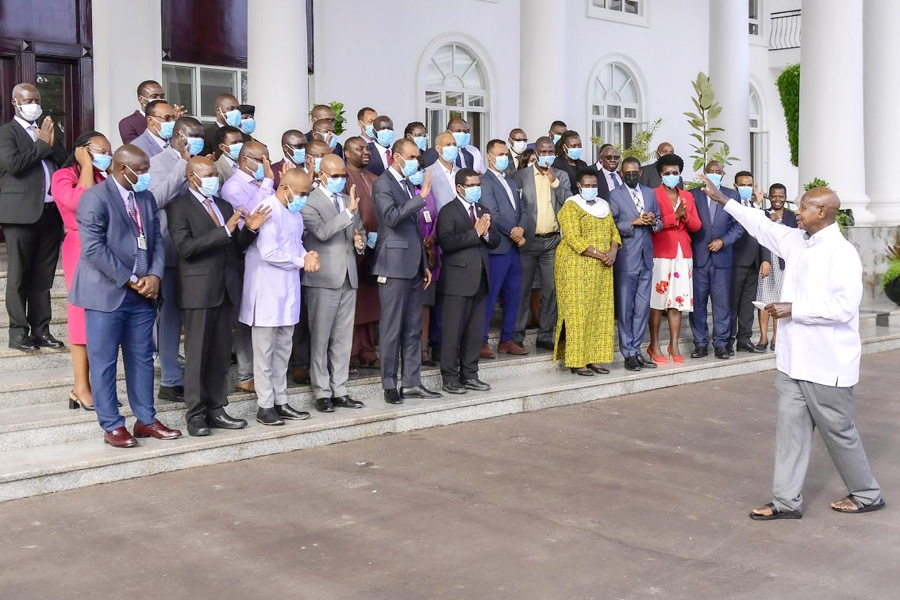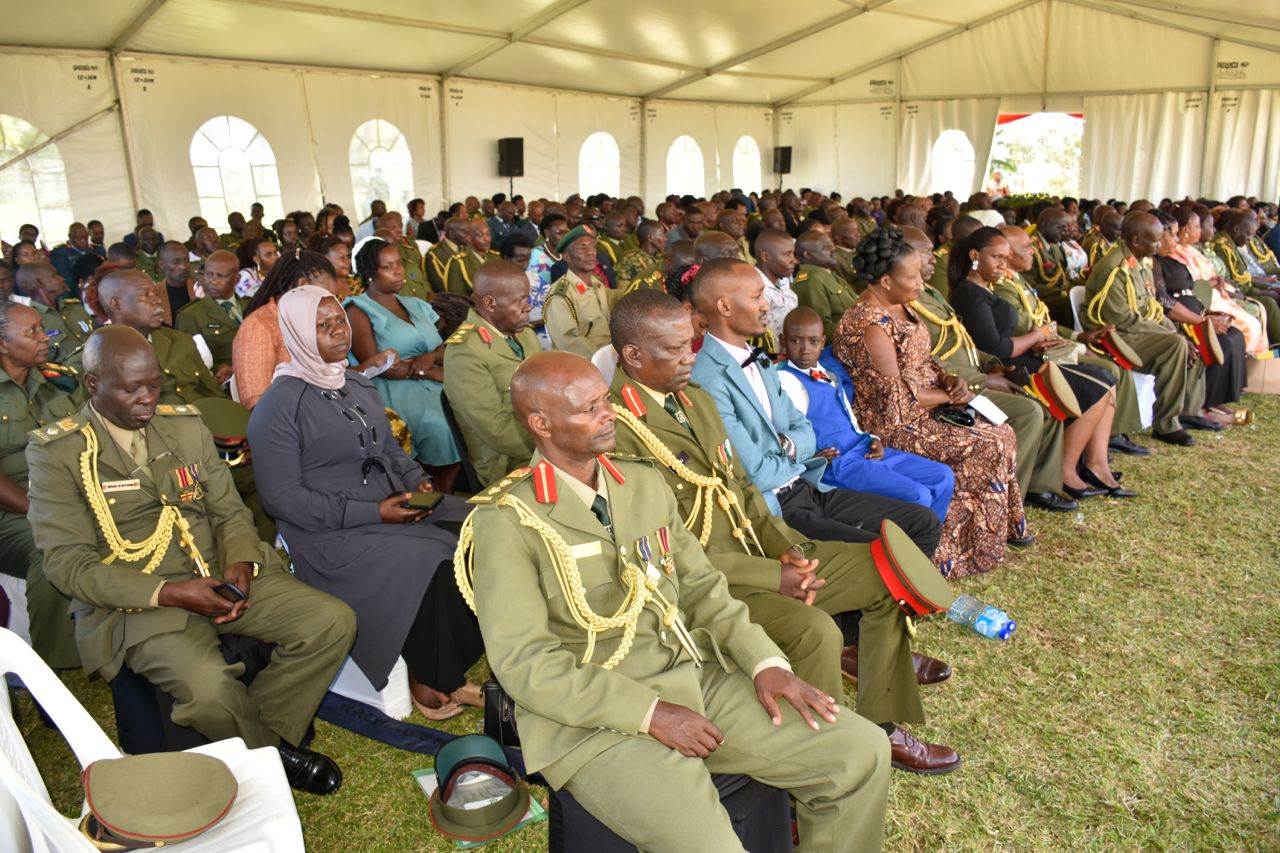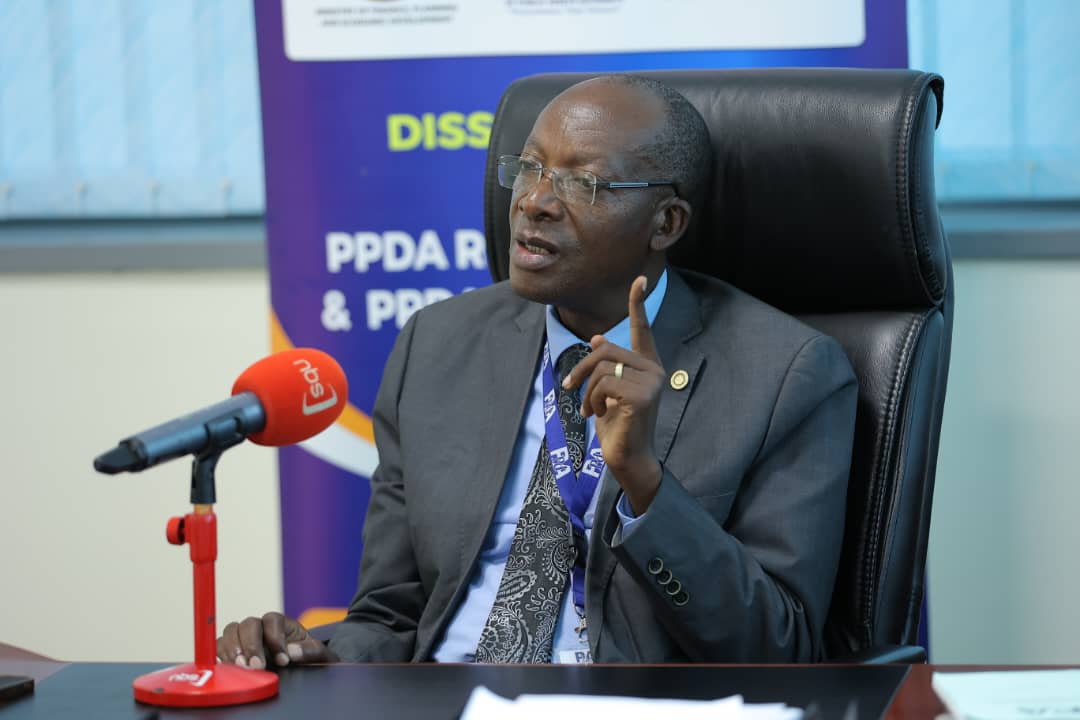US says troops to leave Afghanistan by 11 September
US President Joe Biden is set to announce that American troops will leave Afghanistan by 11 September, officials have told US media.
The US would miss a May deadline for a pull-out agreed with the Taliban by the Trump administration last year.
The new deadline would coincide with the 20th anniversary of the terror attacks on the World Trade Center and the Pentagon in the US in 2001.
Mr Biden had previously said the 1 May deadline would be tough to meet.
US and Nato officials have said the Taliban, a hardline Islamist movement, have so far failed to live up to commitments to reduce violence.
The Taliban have been warned that if they attack US troops during the pull-out phase, they "will be met with a forceful response", said a senior administration official who was briefing reporters.
Mr Biden had decided a hasty withdrawal that would put US forces at risk was not a viable option, the official added.
At the same time, a review of US choices determined that now was the time to close the book on the 20-year conflict in Afghanistan to focus on more acute threats.
Mr Biden is due to make the announcement himself on Wednesday.

Boost for the Taliban?
By Secunder Kermani, Afghanistan correspondent
Many here will see this decision as a boost to the Taliban, despite it being a breach of the 1 May deadline the insurgents have insisted is adhered to. It seems unlikely they would now resume attacks on American forces given the short extension period; nevertheless, the Taliban reaction so far has been hostile.
Some in the Afghan government had hoped the new Biden administration would adopt a more "conditions-based" approach to the peace process. Instead, that has been explicitly ruled out.
The slow pace of talks between Afghan and Taliban negotiators so far suggests it will be difficult to reach a power-sharing arrangement before US troops are withdrawn. Perhaps the Taliban's desire for international legitimacy will lead them to compromise.
But many fear the Taliban will be tempted to wait out the withdrawal, and then push for outright victory or at least dominance. The Afghan government has until now remained reliant on US air strikes to help hold the insurgents back.

The Taliban said on Tuesday that it will now not attend a summit on Afghanistan's future, due to be held in Turkey later this month, until all foreign forces leave the country.
"Until all foreign forces completely withdraw from our homeland, [we] will not participate in any conference that shall make decisions about Afghanistan," Mohammad Naeem, spokesman for the Taliban office in Qatar, tweeted.
US Secretary of State Anthony Blinken and US Defence Secretary Lloyd Austin are expected to brief Nato allies on the decision in the Belgian capital, Brussels, on Wednesday.
The United States has spent trillions of dollars and lost more than 2,000 service members since 2001 in what has been its longest war.
The deal signed in February last year said the US and its Nato allies would withdraw all troops in 14 months if the Taliban upheld its promises, including not allowing al-Qaeda or other militants to operate in areas it controlled and proceeding with national peace talks.
As a condition of starting negotiations with the Afghan government, the Taliban also demanded the release of thousands of their men in a prisoner swap.
Direct talks then began in Doha in September 2020, but a breakthrough has still not been reached.
Although the group stopped attacks on international forces as part of the historic agreement, it has continued to fight the Afghan government.
Last month, the Taliban threatened to resume hostilities against foreign troops still in the country on 1 May.
There are fears that if foreign military forces withdraw before a lasting agreement is reached, the Taliban might seize power.
The US has some 2,500 troops in the country as part of a 9,600-strong Nato mission.

US military involvement in Afghanistan
October 2001: US-led bombing of Afghanistan begins following the 11 September attacks on the United States
February 2009: Nato countries pledge to increase military and other commitments in Afghanistan after US announces dispatch of 17,000 extra troops
December 2009: US President Barack Obama decides to boost US troop numbers in Afghanistan by 30,000, bringing total to 100,000. He says US will begin withdrawing its forces by 2011
October 2014: The US and UK end their combat operations in Afghanistan
March 2015: President Obama announces his country will delay its troop withdrawal from Afghanistan, following a request from President Ashraf Ghani
October 2015: President Obama announces that 9,800 US troops will remain in Afghanistan until the end of 2016, backtracking on an earlier pledge to pull all but 1,000 troops from the country
July 2016: President Obama says 8,400 US troops will remain in Afghanistan into 2017 in light of the "precarious security situation". Nato also agrees to maintain troop numbers and reiterates a funding pledge for local security forces until 2020
August 2017: US President Donald Trump says he's sending more troops to fight a resurgent Taliban
September 2019: Protracted peace talks between the Taliban and the US break down
February 2020: After months of on-off talks, the US signs a troop withdrawal agreement in Doha with the Taliban
Source: BBC













